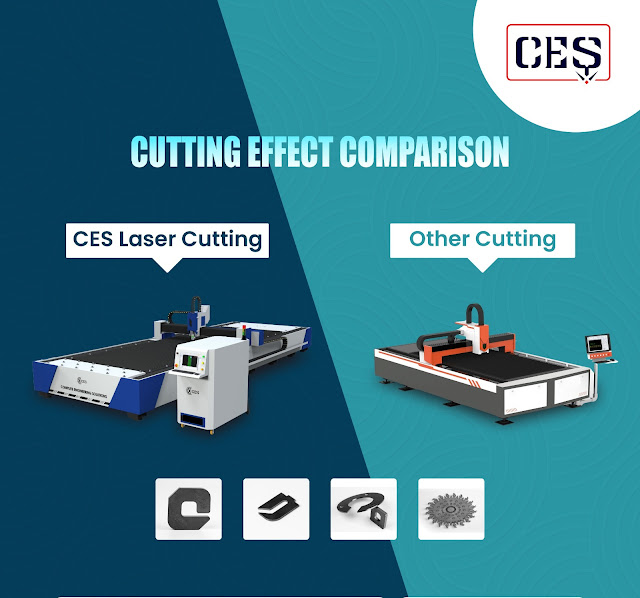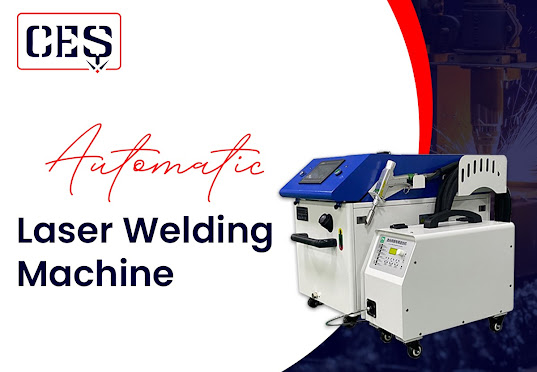How to Choose a Laser Welding Machine for Lithium Ion Batteries
The
Blog Selecting the right laser welding machine for
lithium-ion batteries is essential for ensuring accuracy, efficiency, and
reliability in production. With batteries requiring delicate handling of
materials like aluminum and copper, understanding welding requirements is
crucial. Factors such as joint design, material compatibility, and weld quality
play a key role in achieving strong and precise welds.
Laser power and pulse duration are critical; machines with 100W to 1000W
power and short pulse durations are ideal for welding thin battery components
without overheating. Additionally, a machine's weld speed and automation
features, like robotic arms, significantly improve production efficiency and
consistency.
A controlled environment is vital to maintain weld quality. Opt for machines
with dust-proof designs, protective covers, and effective cooling systems to
prevent contamination and overheating. Safety is another priority; features
like laser enclosures, interlock systems, and fume extraction ensure workplace
safety while protecting equipment.
Lastly, prioritize after-sales support and integration capabilities. Choose
manufacturers offering maintenance, training, and warranty services to ensure
smooth operations. Integration with other manufacturing systems like robotic
tools further streamlines production. By considering these factors, you can
invest in the right fiber laser welding machine to enhance
productivity and meet growing industry demands.

.png)


Comments
Post a Comment